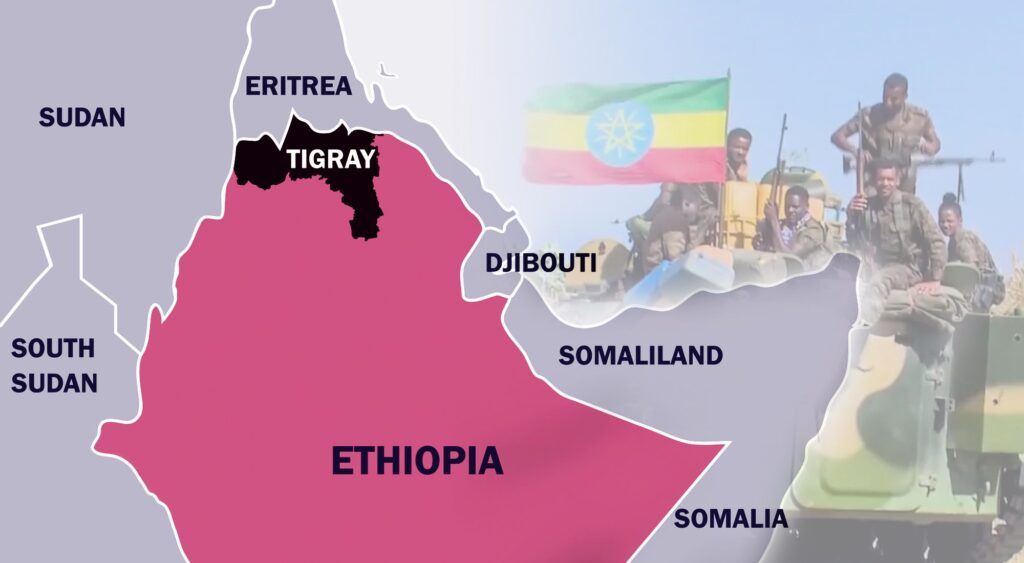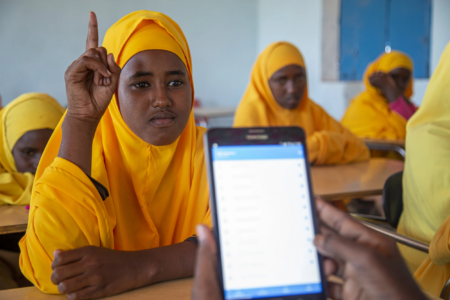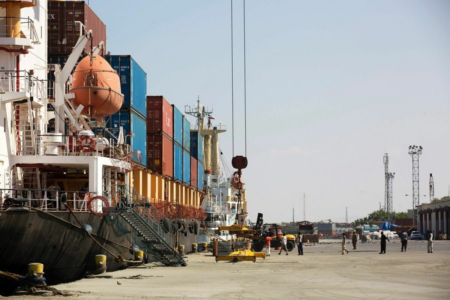Ethiopia has voiced serious concerns about Sudan’s alleged support for Tigrayan fighters operating near Ethiopia-Sudan border, warning that such actions could destabilize the Horn of Africa.
Who Are the Tigrayan Fighters?
The Tigrayan fighters are primarily members of the Tigray People’s Liberation Front (TPLF), a political and military group based in Ethiopia’s northern Tigray region.
Origins:
The TPLF was founded in the mid-1970s as a left-wing nationalist movement fighting Ethiopia’s Marxist military dictatorship.
It later became the dominant force in the Ethiopian People’s Revolutionary Democratic Front (EPRDF), which ruled Ethiopia for nearly three decades.
Ethnic Identity:
Tigrayan fighters represent the ethnic Tigrayans, who make up about 5% of Ethiopia’s population. Historically, they’ve felt marginalized by the central government.
Political Power:
Under leaders like Meles Zenawi, the TPLF held significant influence in Ethiopian politics until reforms under Prime Minister Abiy Ahmed sidelined them in 2018–2019.
Why Did They Go to War?
In November 2020, tensions between the federal government and the TPLF escalated into a full-scale civil war.
The conflict led to thousands of deaths and displaced millions, with over 400,000 people facing famine at its peak.
Despite the Pretoria Agreement signed in 2022 to end hostilities, an estimated 75,000 to 100,000 TPLF fighters remain armed, posing a lingering threat to peace.
Tigray fighters have reportedly resurfaced in Sudan, raising concerns about cross-border alliances and renewed instability.

Intelligence Talks Highlight Regional Tensions
Ethiopian Intelligence Director Redwan Hussein recently met with Sudan’s Sovereignty Council Chairman Abdel Fattah al-Burhan and the Director of the General Intelligence Service in Port Sudan.
The high-level discussions focused on reports that Sudanese military forces are providing logistical support to the Tigray People’s Liberation Front (TPLF).
Addis Ababa fears that Tigrayan fighters could infiltrate Ethiopian territory, reigniting tensions despite recent peace agreements.
Citizenship Controversy Fuels Diplomatic Strain
Ethiopian officials have also condemned Sudan’s reported policy of granting citizenship and residency to TPLF members.
These fighters are allegedly being recruited to support Sudan’s internal conflict against the Rapid Support Forces (RSF), with deployments in Khartoum, Darfur, and Kordofan.
Sudanese journalist Ammar Saeed described the situation as a strategic maneuver in a broader regional power struggle.
“Port Sudan’s support for Tigray fighters shifts alliances.
Ethiopia views this as a direct threat,” he said.
Ethiopia Leverages Diplomatic Channels Over Military Action
Rather than resorting to military retaliation, Ethiopia has used its influence within the African Peace and Security Council (APSC) to block Sudan’s attempts to lift its suspension from the African Union (AU).
Tensions between the two nations escalated following the outbreak of the Tigray civil war in 2020.
Sudan reportedly increased its military presence in the disputed Al-Fashaga region, which borders Ethiopia’s Tigray and Amhara states.
Though Sudan claims the land under a 1902 treaty, Ethiopian farmers continue to reside there with support from Addis Ababa.








